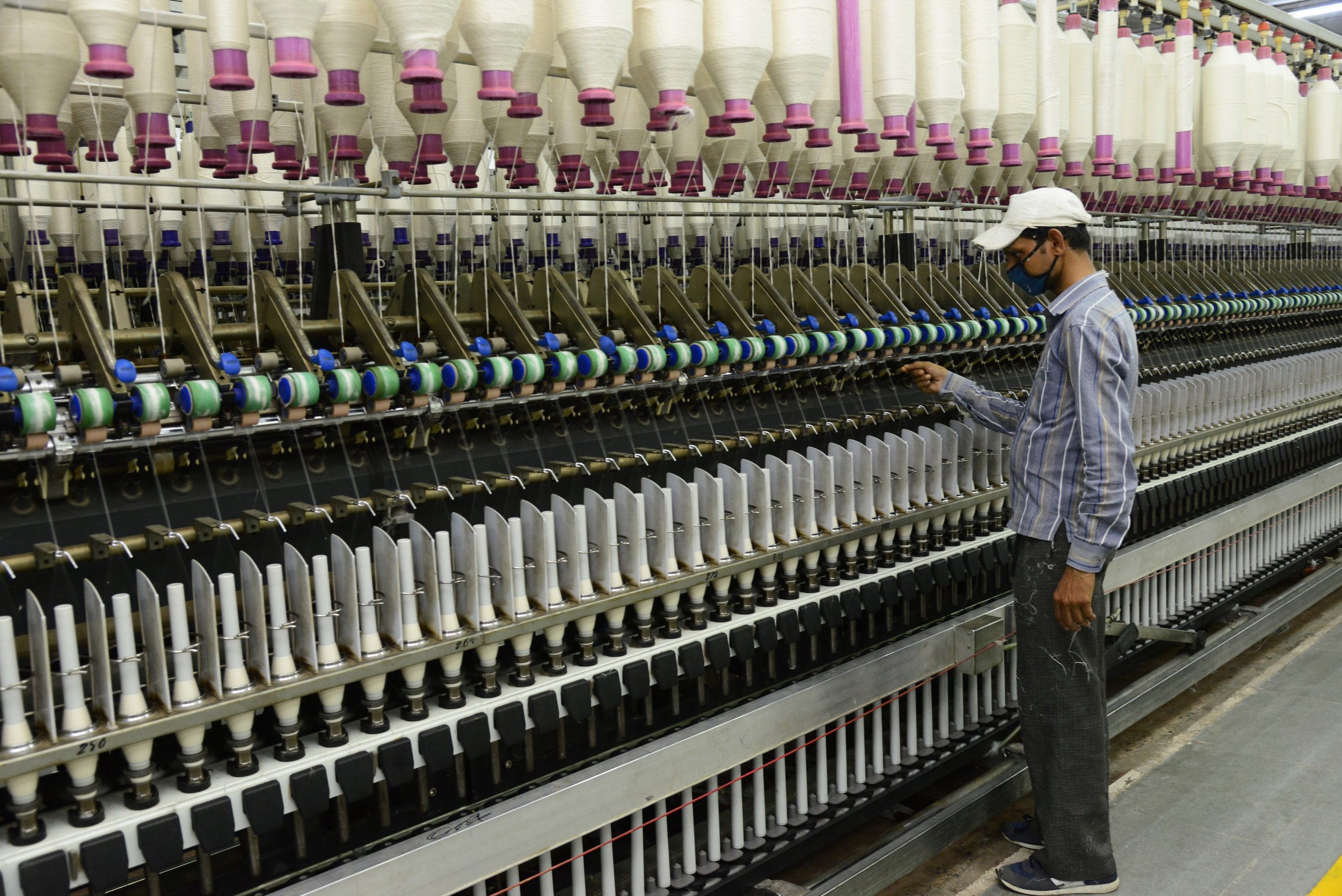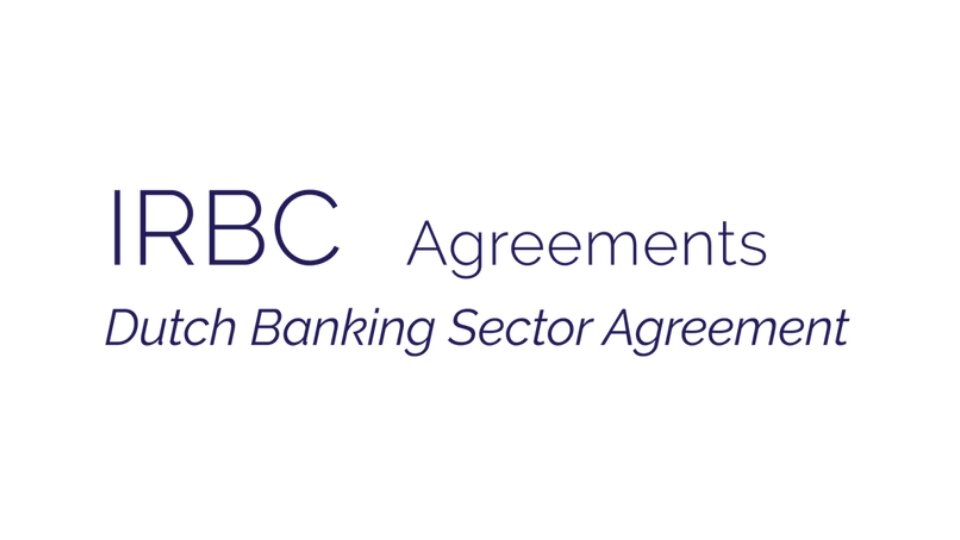SUSTAINABLE PRACTICES
We’re transforming farming
Find out how our CottonConnect REEL programmes create a positive impact for people and the planet.
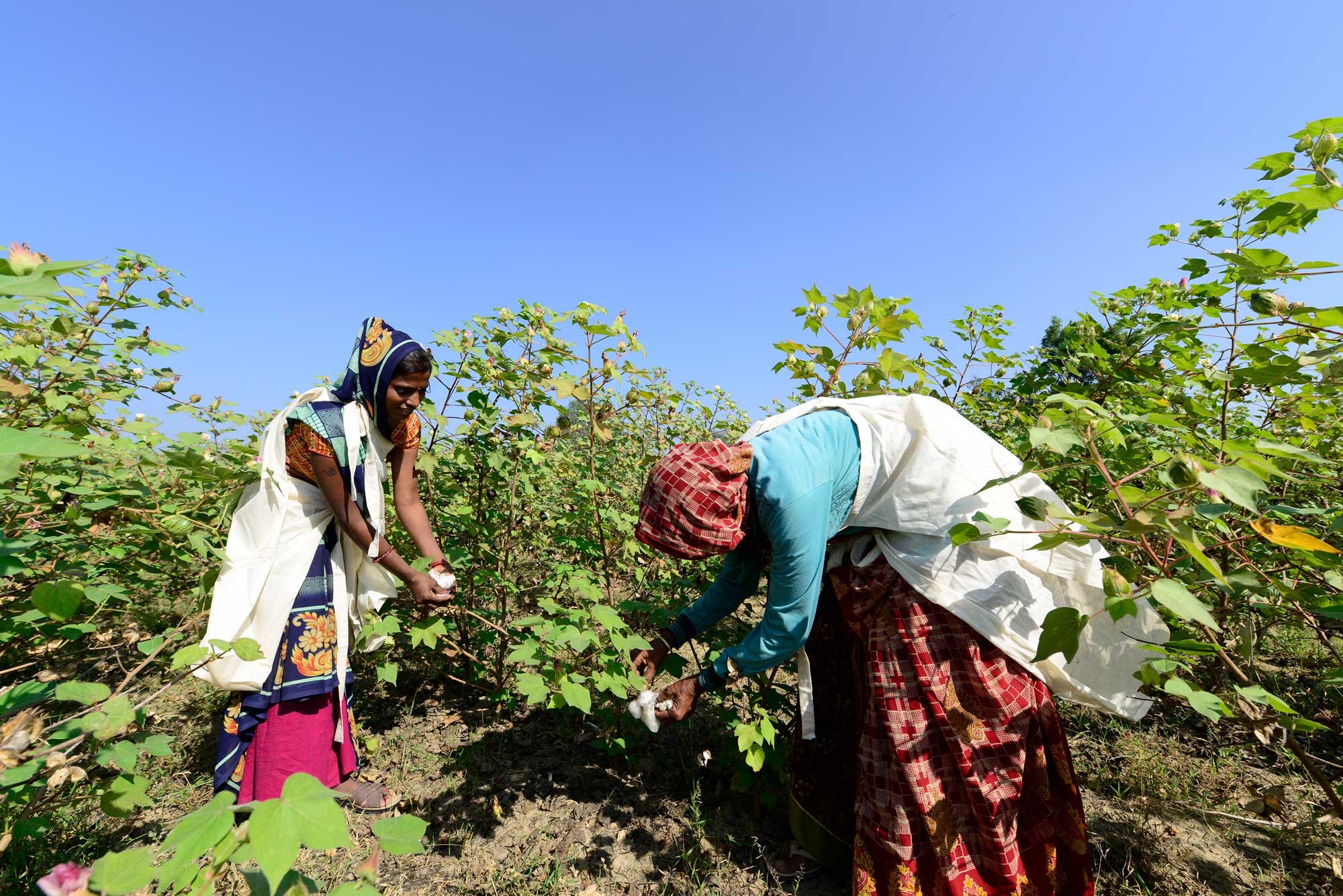
Looking after our future
If farmers are to thrive today and safeguard their livelihoods for generations, they must balance productivity with sustainable land management, adopting proven sustainable agriculture methods that protect soil, water and biodiversity over the long term.
We developed the CottonConnect REEL Programmes to ensure that our agricultural training programmes follow best practice and create the right outcomes – not only for farmers and their communities, but for the planet.
We have REEL Cotton and REEL Regenerative Cotton Standards and REEL Linen Code. These define specific criteria for sustainable raw material production, and form the basis of our 3-year REEL agricultural training programmes for farmers.
Our REEL Cotton Standard is based on our Theory of Change to improve farm performance, reduce environmental impacts and improve cotton quality in the supply chain.
Our REEL Regenerative Standard is based on our Theory of Change to boost farmer resilience, while adapting to climate changes and enhancing biodiversity.
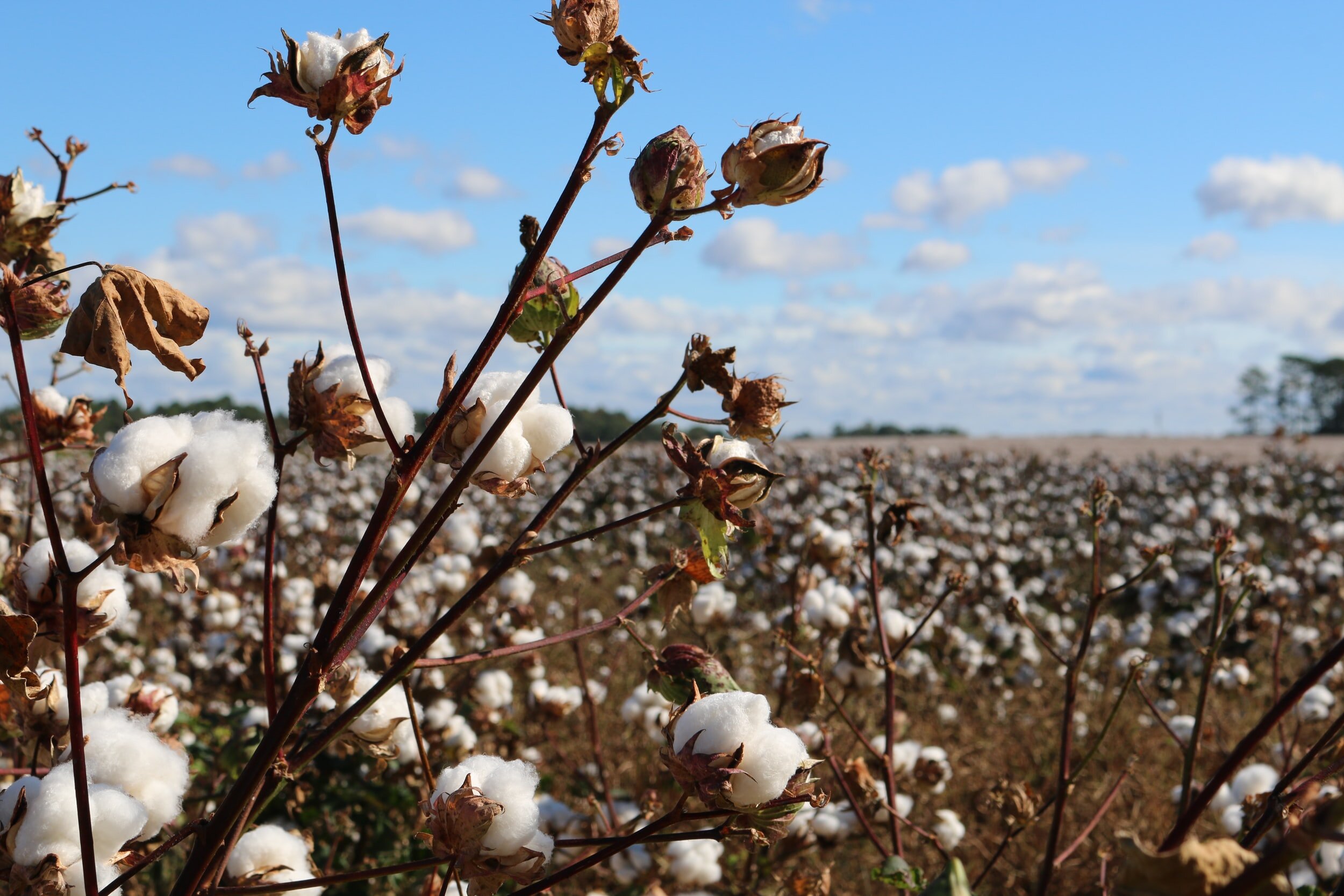
A trusted approach
Our REEL Cotton programmes benefit from third-party verification provided by FLOCERT. This trusted process reinforces our commitment to more sustainable farming by ensuring that every stage — from planting through to final harvest — meets rigorous environmental and social benchmarks.
We chose to work with FLOCERT because it has many years of experience, not least in providing Fairtrade International with certification and expertise in translating sustainability programmes into private codes.
REEL Cotton
The REEL Cotton Code covers both environmental and social criteria, with a big focus on enabling and supporting more sustainable agriculture methods, including integrated pest management, water‑efficient irrigation and soil enhancement to reduce fertiliser use.
Continuous improvement
The REEL Cotton programme was created in 2010, and in 2015 the REEL Cotton Code was developed, following a comprehensive programme of risk analysis, stakeholder consultation, staff training and a pilot project among farmers in Gujarat, India. The Code was revised in 2016 and later in 2021, to strengthen its social criteria on employment conditions and health and safety.
Further revisions
The Code was further revised in 2021, to include: Recommendations from a survey conducted with farmers and implementing partners; a review of the Delta indicators for sustainable cotton (the set of environmental, social, and economic indicators used to measure sustainability across cotton); enhanced health and safety for gins; and region-specific customisations.
You can download the REEL Cotton Code here:
You can download the REEL Cotton Fact Sheet here:
You can download the REEL Cotton Handbook - Accountability & Assurance here:
You can download the Requirements for the Implementation of the REEL Cotton Programmes
You can download the REEL Cotton - Strategic Plan
SUPPORTERS OF THE REEL CODE INCLUDE
REEL Regenerative Cotton
We established the REEL Regenerative Cotton Code in response to growing demand from brands for regenerative practices in raw material production. It helps farmers shift to more sustainable farming that protect ecosystems while maintaining yields. The Code champions sustainable agriculture practices that restore soil health over time. It promotes conservation and long-term sustainability.
Enhancing conservation
The Regenerative Code does this by focusing on helping farmers to foster mitigation and adaptation to climate change, enhance agro‑biodiversity conservation, and expand sustainable farming methods that benefit both farms and the wider environment.
Developed by CottonConnect and being trialled in the Primark Cotton Project. The Code is a complementary and optional addition to the REEL Cotton Code.
Measurable impact
In the development of this Code, Biodiversify provided monitoring and reporting guidance for biodiversity. Plus, we worked with the University of Cambridge Institute for Sustainability Leadership (CISL) and the Carbon Trust to develop key performance indicators to measure impact on biodiversity, soil and water among Primark Sustainable Cotton Programme farmers in Gujarat, India. We also undertook a carbon footprint analysis with the Carbon Trust to assess greenhouse gas emissions.
While these are initial pilots, early indications show that, on average, biodiversity scores were 22% higher when compared to farms not in the programme. By reducing fertiliser use on the farms, greenhouse gas emissions are lower than farms not in the programme.
To find out more about how and why we developed this code, read the latest blog from our agronomist, Arif Makhdum.
You can download the REEL Regenerative Code here:
You can download the REEL Regenerative Fact Sheet here:
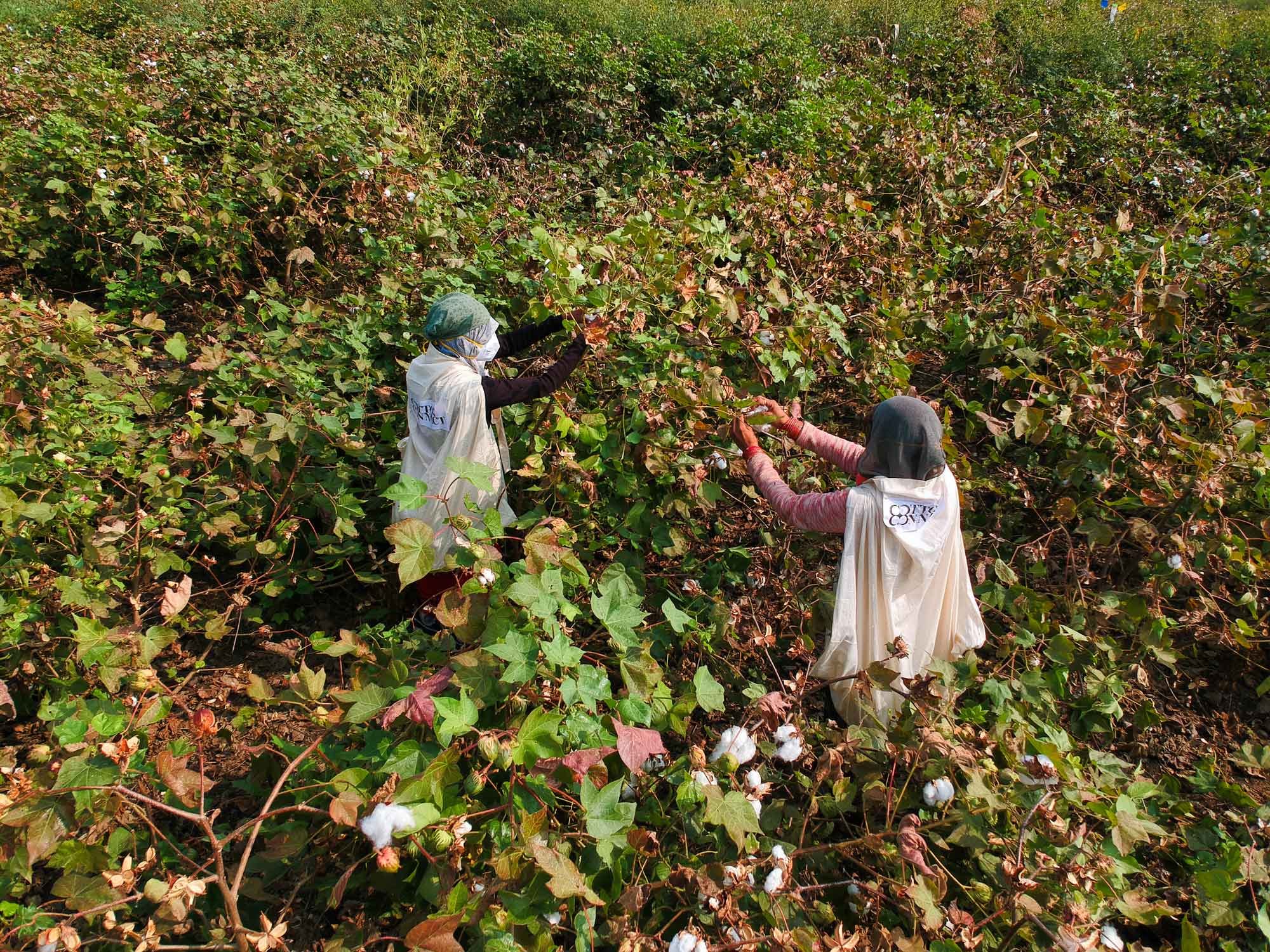
“From the onset, regenerative elements have been a characteristic of REEL. The latest amendments, embedded into a stakeholder consultation, have increased its robustness, making it the most prominent reference of regenerative agriculture in cotton production on a global scale.”
– Philipp Seitz, Global Rural Consultants
REEL Linen
Building on the success of the REEL Cotton Code, we developed the REEL Linen Code in partnership with Kingdom, one of largest linen yarn manufacturers in the world.
The Code is designed to help brands and manufacturers seek assurance of sustainably produced linen, making it traceable from farm to yarn. It asks that farmers and processors adopt more sustainable practices when producing the flax fibres which are spun into linen yarn.
Working with, and for, farmers
Published in May 2021, the Code was developed following field studies of linen farmers in France and spinning mills in China. A prototype code was piloted and reviewed with farmer co-operatives.
You can download the REEL Linen Code – Farming and Processing here:
You can download the REEL Linen Fact Sheet here:

Get in touch
Interested in how our REEL programmes can support you? Give us a call.





